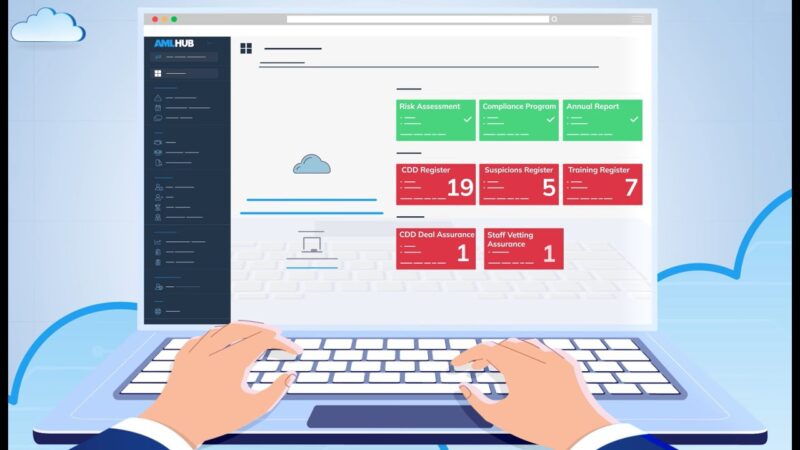How do NSE Holidays affect trading?

Market liquidity and trading volume are two crucial aspects that are usually impacted by Stock market holidays. According to industry experts, holiday events can lead to lower trading volumes, which tends to increase price unpredictability. Reduced market participation can lead to sudden upward or downward spikes in financial markets, especially in the absence of major investors.
There is also the possibility of price fluctuations between the closing price of the market before the holiday and when the market reopens. As a result, traders and investors need to be aware of NSE Holidays, as they may alter market conditions and affect their trading positions.
Examining the impact of market holidays on trading volume and prices.
For traders and investors, holiday events can mean that fewer market participants are taking part, which subsequently results in reduced trading volumes and liquidity in the market. This can have a visible effect on the prices of traded stocks and subsequently lead to price unpredictabilities and sudden price movements. Furthermore, geopolitical events that take place when markets are closed can also cause significant price changes when the market reopens.
The end result of such a scenario is that traders should tread with care. Inevitably, it is better to close your position early before a holiday event and undertake trades only after careful consideration of the market situation.
Strategies for managing your portfolio during NSE Holidays
Holiday periods can be stressful for traders and investors, but there are ways to manage your portfolio and minimise your risks during holiday periods. Here are some strategies to consider:
Tips for investors to minimise risks and maximise returns during market closures.
1. Diversify your funds. Diversifying your funds by investing in different stocks can help manage risk and protect your portfolio during holiday events.
2. Increase your knowledge of the market before the holiday. Traders need to gather market insights and trends in order to understand and prepare for any market movements that may happen after a holiday event.
3. Plan for market closure. Create a plan ahead of time that highlights how best to manage your investments during market closures.
4. Stay informed. Traders and investors should stay informed by monitoring global news in the days leading up to and following any holiday period.
Conclusion
NSE holidays are a significant aspect of the Indian securities market. Understanding these holidays and their impact on trading is a critical factor in making informed investment decisions. Taking advantage of knowledge gained regarding NSE holidays can help minimize risks and ensure that traders and investors are positioned to take on any opportunity that arises. Finally, traders and investors must remember to stay informed to maximise their returns while conducting their activities professionally and with caution.




